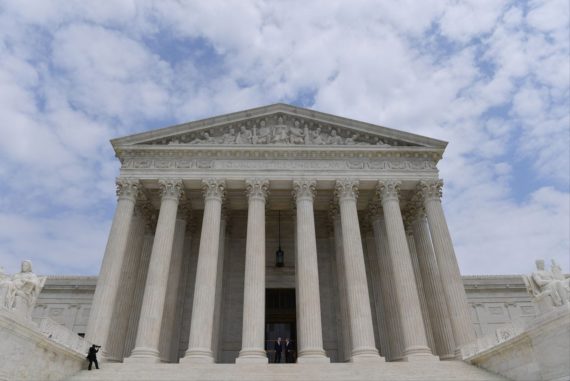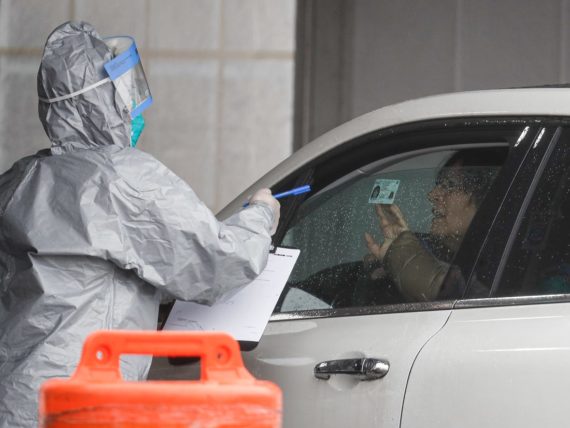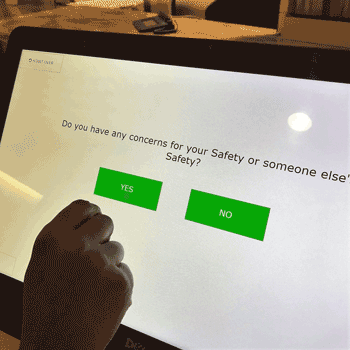
(4-2-20) With all of our attention on the pandemic, a U.S. Supreme Court decision about the insanity defense last week didn’t attract much attention. As long-time mental health advocate and attorney Ron Honberg reports it should have!
Kahler V. Kansas Ruling Says States Can Separately Define Insanity In Criminal Cases.
By Ron Honberg, J.D.
A divided U.S. Supreme Court issued a ruling last week that essentially said states can eliminate the option of insanity as a defense regardless of how sick someone might be.
There is an old adage that “hard cases make bad laws.” What this essentially means is that cases with unusual facts sometimes lead to decisions that create bad legal precedents for a large number of people.
Kahler v. Kansas may prove that point.
No one disputes that James Kraig Kahler committed a horrific crime. He shot to death his estranged wife, their two daughters, and his wife’s mother, sparing only their nine-year-old son who witnessed the shootings .
Kahler did not have a previously documented history of mental illness.








